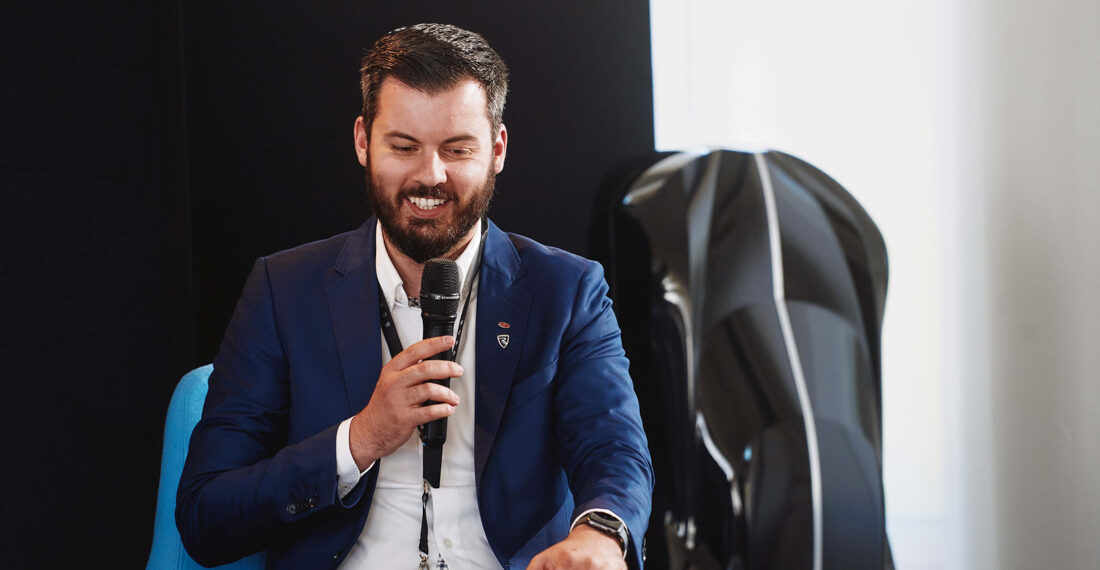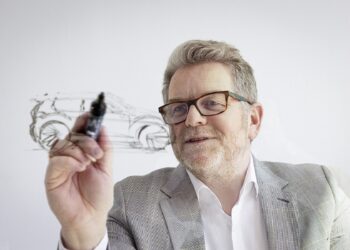Currently in the orbit of Bugatti Rimac, a joint venture created in 2021, owned 55% by the Rimac Group (controlled by the entrepreneur who bears its name), and 45% by Porsche, Bugatti may pass into the full control of Mate Rimac as early as next year. The information is reported by Bloomberg, which indicates that the Croatian millionaire is already saturated with the bureaucracy involved in the fundamental decisions that the company needs to make, as he stated in an interview with Automotive News, “I want to be able to make long-term decisions, to make long-term investments, and to do things differently, without having to explain them to fifty people.”
In an interview with the American agency, the CEO of the Rimac Group reveals that he already has the necessary investors on his side to acquire the portion that Porsche holds in Bugatti Rimac, with rumors claiming that a sum of around one billion euros was offered to the German brand for its stake last April. And this does not mean that Porsche will cease to have its influence in the organization, thanks to its 22% stake in the Rimac Group (with 35% belonging to Mate Rimac, 11% to the Hyundai Group, and 32% to other investors).
According to Mate Rimac, the deal could happen as early as next year, but he emphasizes that a negotiation of this caliber always involves many factors, and it does not help that the Posche-Piëch family still holds a stake in Porsche, concluding that this “is an emotional topic”. The current situation faced by the Zuffenhausen brand could contribute to a quicker outcome, favorable to Mate Rimac’s intentions: the strong Chinese competition that it currently faces and the declining consumer interest in its 100% electric models create a somewhat precarious situation, exacerbated by uncertainties in areas such as customs duties or regulatory standards, particularly environmental ones. It is therefore not surprising that Oliver Blume, CEO of Porsche, issued a warning last summer to his employees about the company’s business model, “which has served us well for many decades, but no longer works in its current formulation”.










